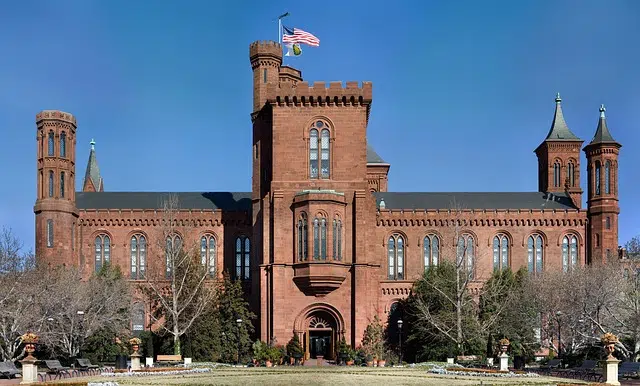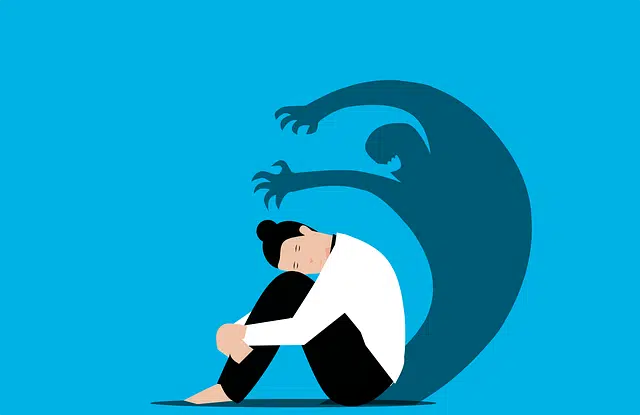
An establishment that carries out activities of public interest is called an institution.
An institution is an established or founded thing . It is an organization that fulfills a function of public interest . For example: “The bishop called for collaboration with charitable institutions to help those who need it most,” “An educational institution in the city presented a new writing contest,” “The official visited a cultural institution and promised to deliver a subsidy.”
Institution can be used as a synonym for institute , organization or entity , depending on the context. In some cases, it is the same to speak of an “educational institution” as of an “educational institute” or an “educational organization” .
Symbolic uses of the concept
The institution, however, is not always a physical place. The norms of conduct and customs that govern a society are also considered institutions. In this sense, an institution is a structure of the social order that governs the functioning of a society. Bowing in greeting or crossing oneself when entering a church are social institutions.
Another use of the term is linked to the person who deserves special respect or consideration for their moral, intellectual values, etc. : “Ernesto Sábato is an institution in Argentine literature” , “Little by little, this artist became an institution of Latin American culture and today he is revered by his peers and the general public” , “I think he still “I have a long way to go to be considered a music institution.”

A mental institution is a center specialized in psychiatric care.
mental institution
A health center that is dedicated to diagnosing and treating diseases related to the mind is known as a mental institution or psychiatric hospital . One of its main characteristics is that it offers accommodation to its patients , just like a general hospital. On the other hand, it is also common for this type of establishment not to cover disorders that are outside the domain of psychiatry.
The origin of mental institutions was asylums , a term that currently serves as a synonym in everyday speech. The more the history of these unique centers is investigated, the more terrifying experiences come to light. It is known that one of the ways in which they treated people who showed certain disorders that were difficult to control was by tying them up with chains. During the period known as the first psychiatric revolution , a French doctor named Philippe Pinel, who specialized in this field, ensured that such torture was no longer used, and that patients received considerate treatment.
Patients in psychiatric hospitals
It is important to note that the mentally ill have not yet managed to be completely accepted on a social level; Very often, derogatory or mocking attitudes are observed on the part of apparently healthy people towards those who suffer from one of the many disorders that are known today. The media gives us a confusing and contradictory message: on the one hand they inform us of campaigns for tolerance of diversity, and at the same time they sell us humor based on mocking the misfortunes of others, without limits or compassion.
Decades ago, the contempt that these people received was greater than today, and many of them were sent to mental institutions so that they would not embarrass their families, regardless of the endless humiliation and torture to which they were subjected, among which There were physical and sexual attacks, without leaving aside experiments with drugs and electric shocks, and subjection to long periods of isolation in dark cells. Needless to say, all these measures did nothing but worsen the situation of the patients, and that many of them died before, by some miracle, someone deigned to restore their freedom .
Political institutions
Political institutions , finally, refer to the fundamental organizations of a State or nation .
These institutions are the organs of sovereign power in the territory in question.
